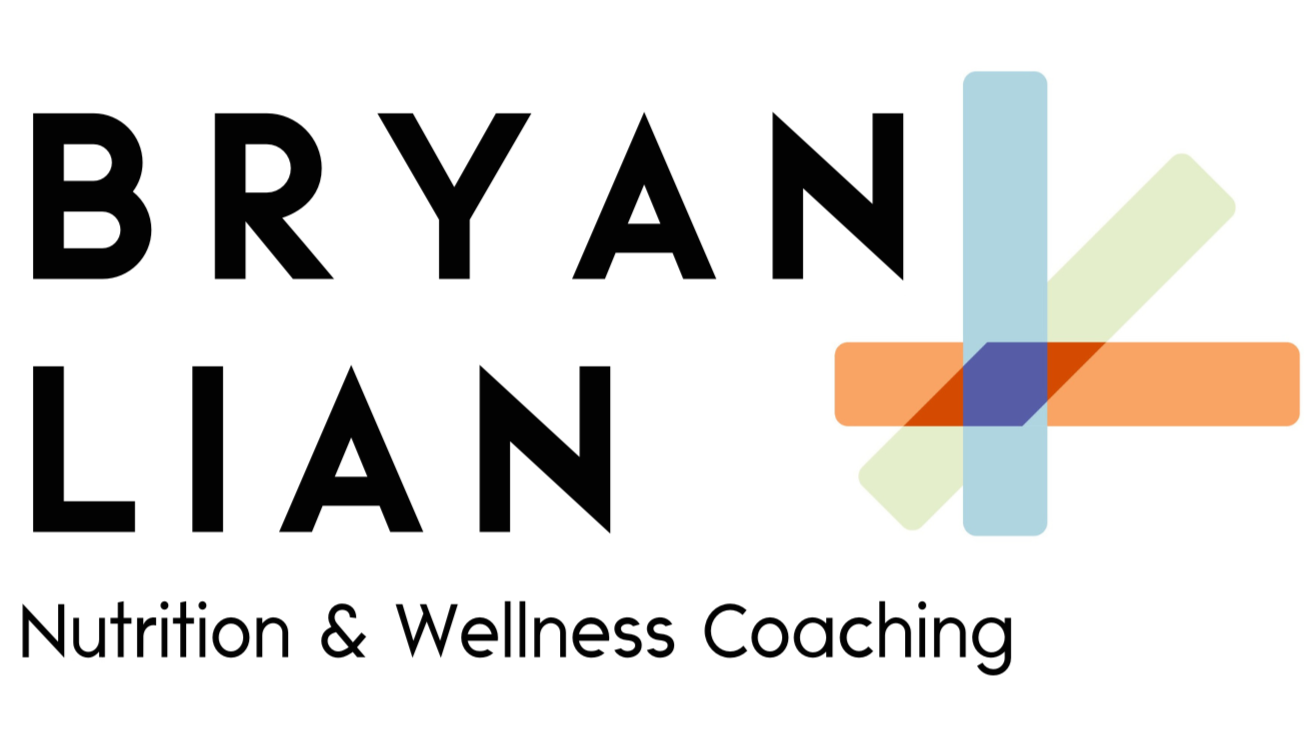What is Disordered Eating?
Using the term “disorder” brings us into the world of clinical care or treatment, which is helpful for naming an experience that activates triage, referral, and insurance payments (get that 💰/❤️🩹). It also unfortunately leads to stigma/marginalization, erasure, and gatekeeping around being ‘sick enough.’ So working backwards from defining disorder to defining disordered may not truly capture someone’s experience of eating.
If you’re asking this question as someone who works with folx (i.e. as a dietitian/nutritionist, coach, etc.), I invite you to identify how you’d describe that relative or friend you’re worried about…would you say they have a complicated relationship with food? Do they have food and body concerns? Are they preoccupied, rigid, stressed? When we look outside of the medical model, which is what disordered eating tries to get at, we can broaden our lens to include someone as close as a friend, neighbor, or relative, which I think is what humanizes the experience and cultivates compassion. It also gives us ‘side doors’ into the conversation that is less charged. How’s your relationship with food? Do you ever think about food more than you want to? Do you get stressed when things aren’t the way you want it to? It sounds like your eating is getting stressful.
Another interesting reminder is that folx with well-managed eating disorders can be flourishing and those with ‘disordered eating’ can be languishing in terms of mental health - mental health and mental illness can be thought of on two continua (source). We owe it to our well-being to think about disordered eating or eating disorders as going beyond the eating/physical domain, as it really crosses into social/relational, psychological/mental, etc.
So, if the worry is: When should i be concerned and when should it count as disordered eating? I think whenever we’re talking about food, bodies, dieting, exercise, there’s a risk of onset/relapse or opportunity for recovery/mending. But whether it is DSM+ (meeting diagnostic criteria) or not, if it impacts their quality of life that sounds like reason for support, coaching, or conversation.

